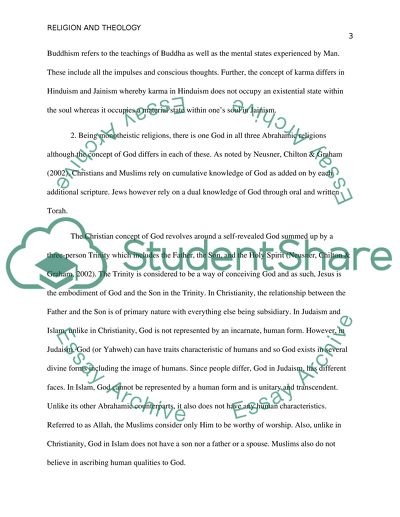Cite this document
(“Three short essay question Example | Topics and Well Written Essays - 1000 words”, n.d.)
Retrieved from https://studentshare.org/religion-and-theology/1698756-three-short-essay-question
Retrieved from https://studentshare.org/religion-and-theology/1698756-three-short-essay-question
(Three Short Essay Question Example | Topics and Well Written Essays - 1000 Words)
https://studentshare.org/religion-and-theology/1698756-three-short-essay-question.
https://studentshare.org/religion-and-theology/1698756-three-short-essay-question.
“Three Short Essay Question Example | Topics and Well Written Essays - 1000 Words”, n.d. https://studentshare.org/religion-and-theology/1698756-three-short-essay-question.


